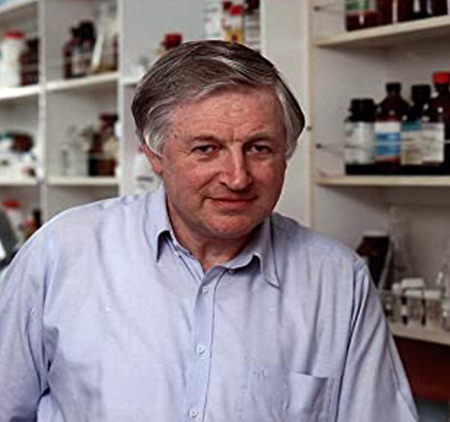
Ian J Miller was born in 1942 at Hokitika (New Zealand) and received degrees (BSc Hons1, PhD) from the University of Canterbury, New Zealand. He became Head of Applied Chemistry at Chemistry Division, DSIR (NZ) before leaving to set up his own chemical research company. His involvement in ventures to make pyromellitates (for heat resistant plastics) and seaweeds led to his becoming a Director of two ICI joint venture companies. He has also self-published two sets of ebooks, together with 100 peer-reviewed scientific papers. His scientific work has involved seaweed polysaccharides, liquefaction of biomass, photochemistry, as well as theory. His work on scientific theory has led to two ebooks entitled "Elements of Theory", which show how to form scientific theories by using the methodology known as induction. The author is now semi-retired, he lives in Lower Hutt, New Zealand, and is mainly working on completing a series of science fiction/thriller novels involving a futuristic history.
The author's experience with negotiations with politicians, business leaders and financiers has been used to give authenticity to those aspects of the plots, while his experience during the 1968 invasion of Czechoslovakia, including the smuggling of a petition out of the Iron Curtain, has helped with the thriller aspect. He has also had a life-long fascination with theories in the physical sciences, and his work on planetary science has been used to provide realistic backgrounds, particularly for the novels involving Mars, and to provide illustrations of how science works. Following the 1980s financial crisis, he began to write a sequence of futuristic science fiction novels that are intended to offer something for those who wish to think. The series starts with the premise that exponential growth cannot continue indefinitely on a finite planet, and eventually there will be resource constraints. Everyone could share the pain, everyone could work together to provide a better future, but the underlying concept is that there will be sufficient greed that this will not happen. He also writes two blogs, a scientific one at the Royal Society of Chemistry, and a more general one relating to his experiences and his writing at Wordpress.